|
In this sub-20 minute episode, host Ryan Tibbens discusses some of the less-talked-about aspects of the most common school models considered as school leaders across the country search for the best way to get students "back to school." In many districts that have used 100% distance learning through the first quarter of the school year, public pressure is mounting to open hybrid options that allow students back into the school building on a part-time basis. A model that is growing in popularity -- concurrent hybrid schooling -- allows in-person and online students to participate in the same class. That option sounds great at first, but a closer look at the logistics quickly reveal it to be just as limited as other options. In the end, we may not have any good options, so we're all left to discuss and debate which is the least bad. No matter what your school division's leadership chooses, do your best to support students and the ultimate goal of school -- to empower individuals and uplift communities.
Please read thisgreat article about concurrent hybrid teaching from NBC News. Support the show (http://paypal.me/TibbensEST)!
0 Comments
ClassCast Podcast Ep.044 features Matt Bass, candidate for Board of Supervisors in Clarke County, VA, discussing life, school, politics, community, and planning in small town America. Clarke County, VA is located just over an hour west of Washington DC in the northern Shenandoah Valley. A small, rural county, it is home to just under 15,000 people, one high school, one grocery store, and a whole lot of genuine Virginia character. Situated just over the Blue Ridge Mountains from the booming DC suburbs of Loudoun, Fairfax, and Arlington, Clarke has managed to preserve thousands of acres of pristine farmland, beautiful mountain forests, and a small town charm that makes it unique in the northern Virginia region. In this episode, Matt shares his experiences growing up and going to school in Clarke County, attending the University of Virginia, becoming an attorney, starting a family, and future plans for the community he loves. Listeners from big cities or growing suburbs may be surprised to hear about the significance of schools in small communities; listeners from small towns will feel affirmed and reassured by Matt Bass's vision for the future.
Be sure to like, share, follow, subscribe, leave a positive review, and all that other good stuff wherever you get your podcasts! Learn more about Matt Bass's platform at https://www.facebook.com/Bass4Board. Support the show (http://paypal.me/TibbensEST)!
Table of Contents
Clip 044.1 -- Matt Bass -- How Schools Anchor Communities (Like Clarke County, VA)
In this highlight clip from ClassCast Podcast Ep.044, Matt Bass, a candidate for Clarke County, VA Board of Supervisors, talks about how public schools anchor communities, particularly in small towns and rural areas across the country. In this clip, Matt and host Ryan Tibbens talk about the many roles that schools play in a community and how a sense of belonging, common identity, and unity can be forged through a healthy public school system.
Learn more about Matt Bass's platform at https://www.facebook.com/Bass4Board. Clip 044.2 -- Local Politics & Bass's Vision for Clarke County
In this highlight from ClassCast Podcast Ep.044, Clarke County, VA Board of Supervisors candidate Matt Bass and host Ryan Tibbens discuss politics, planning, and community preservation. Clarke County is situated approximately an hour west of Washington DC in the northern Shenandoah Valley. In many ways, Clarke County represents "genuine Virginia" -- small towns, agricultural economies, and traditional communities -- and its proximity to the booming, wealthy suburbs of northern Virginia present an unique situation, a bridge between two worlds in one of our nation's oldest and most historically rich regions. Listen to this clip to hear more about Matt Bass's vision for the county's future and how to maximize opportunities and resources without departing from local culture and tradition.
Learn more about Matt Bass's platform at https://www.facebook.com/Bass4Board. Support the show (http://paypal.me/TibbensEST)! If you enjoyed this episode, you may also like...
ClassCast Podcast Ep.043 features host Ryan Tibbens discussing wide-reaching, intrusive, and imperfect policy changes in his school division that are resulting in suppression of teachers' First Amendment rights, paranoia among employees, book banning, censorship, and more. Banned Books Week 2020 runs from September 27 through October 3 and, ironically, included Tibbens' first personal run-in with book banning during his 15 year teaching career. The new policy not only infringes upon employees' first amendment rights in hopes of protecting the division's public image and efficiency, but it declares a universal ban on racial slurs "regardless of intent" as well. That, of course, sounds great, but it results in a wide variety of high quality texts becoming unsafe -- or possibly banned -- for classroom use, rendering teachers' efforts to support national and local antiracist goals harder to achieve because teachers have fewer options for texts to inform and guide those discussions. In this episode, Tibbens addresses problematic aspects of the new policy, connects it to classroom realities, and defends The Adventures of Huckleberry Finn, The Narrative of the Life of Frederick Douglass, The Autobiography of Malcolm X, Of Mice and Men, To Kill a Mockingbird, Just Mercy, and more.
If you are serious about fighting racism and censorship while promoting critical thinking and intellectual freedom, this episode is not to be missed. Don't forget to like, share, follow, subscribe, and leave a positive review wherever you get your podcasts! ~~ Disclaimer: This recording includes ideas and opinions of the speaker, Ryan Tibbens, and do not reflect the views of his employer nor any other organization or agency. ~~ ~~ UPDATE: Since this episode was released, several leaders within the school system have reached out for clarification. Contrary to initial comments, they say that no specific books are being banned. Additionally, in part because of the awareness and concerns raised by this podcast, the proposed Professional Conduct Policy has been sent back to committee for revision. Final language is still pending. Individual leaders have clarified their statements and suggested that teachers will have their support to teach whatever quality books they choose. That being said, their comments also suggest a shift from what the American Library Association calls "direct censorship" (a formal ban by school leaders) to "indirect censorship" (an informal ban imposed by teachers/librarians on themselves in order to avoid conflicts or problems at work or in the community). At this point, the censorship seems to be individual teachers' problems, not leadership's, because there is no formal ban or limitation on the texts. School leadership has since issued guidelines on how to handle books with racially offensive language, which includes "DO NOT use audio books or read passages with sensitive language or racial slurs aloud, nor should students read these passages aloud. Teachers may not read the passage and omit the offensive word or supply a substitute word. Language spoken aloud that is oppressive causes violence and trauma to students and provides tacit permission for students to use these terms outside of the classroom." This guideline makes the texts addressed in this episode (The Adventures of Huckleberry Finn, The Narrative of the Life of Frederick Douglass, and The Autobiography of Malcolm X) unusable for whole class and small group applications because the texts can't be read or discussed aloud. Again, based on recent comments from leadership, they are not prohibiting any text; however, the limitations on how to use the books likely leads to indirect censorship. School leadership also requested the clarification that books including gender reassignment surgery are not included in elementary classroom libraries, though the other texts/topics I mention are present. Overall, I sympathize with everyone involved in the situation and understand that everyone is doing what they think is best to improve education and fight racism. That being said, the broader arguments and positions stated in this episode still stand. We cannot fight racism by making anti-racist books unusable in the classroom.
Banned Books Week Links:
- ALA's "Banned Books Week" - NCTE's "Guidelines for Dealing with Censorship of Instructional Materials" - NCTE's "The Students' Right to Read" - NCTE's "Statement on Academic Freedom" - NCTE's "Position Statement Regarding Rating or 'Red-Flagging' Books" - ACLU's "Banned Books" See Ryan Tibbens' written defense of The Adventures of Huckleberry Finn here.
Table of Contents
- Introduction & Conduct Policy -- 0:00-8:09 - Racial Slurs -- 8:10-12:03 - Huckleberry Finn -- 12:03-23:19 - Banning Words, Banning Books -- 23:20-44:29 - Banned Books Week -- 44:29-47:20 - What's This All About? -- 47:20- end If you enjoyed this episode, you might like...Food for Thought |
ClassCastWhere philosophy, policy, pedagogy, & people come together in honest, purposeful conversations about improving school & education for our students & our communities. Archives
March 2022
Categories
All
|
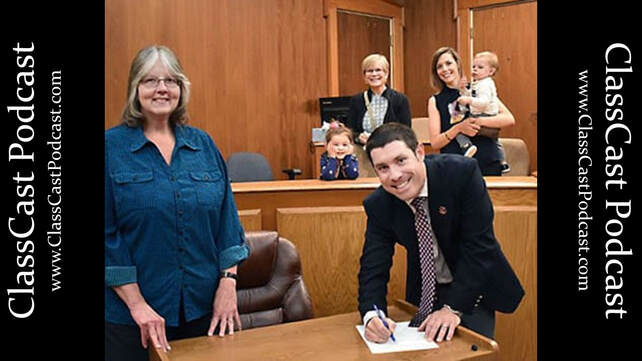
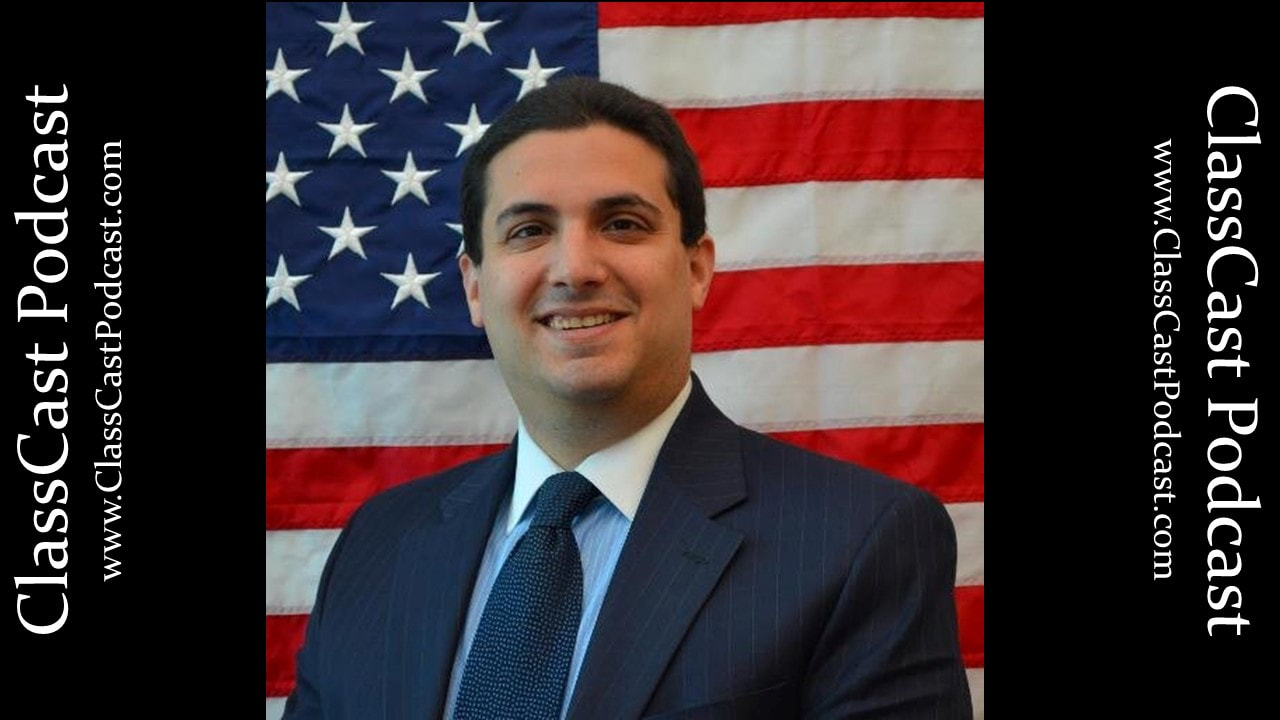

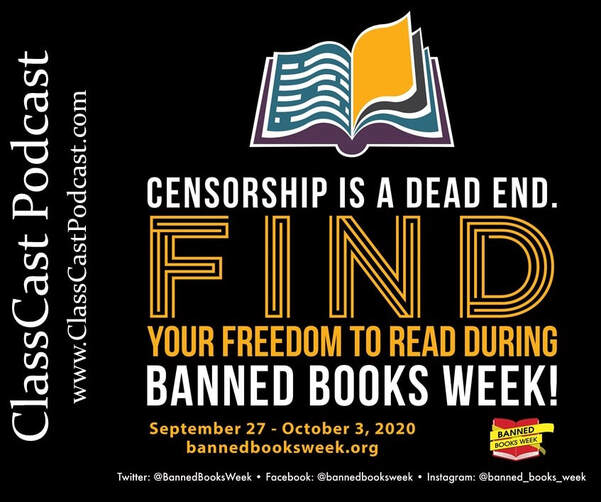
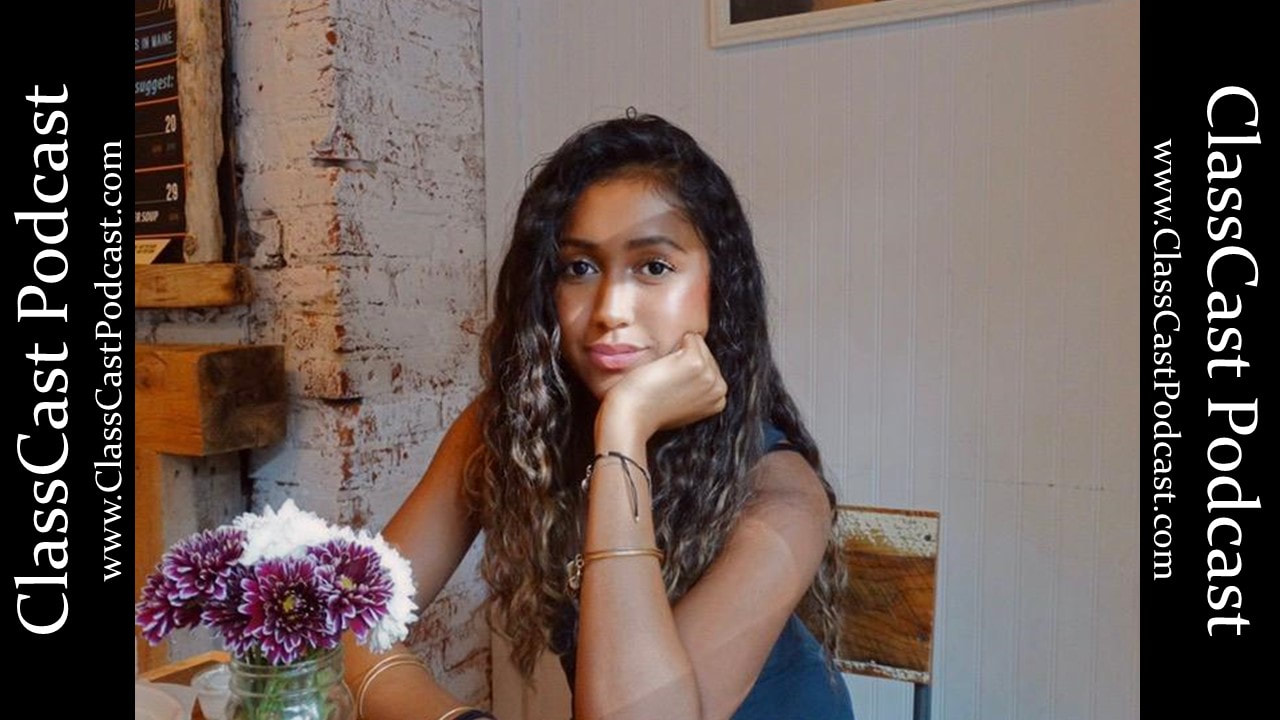
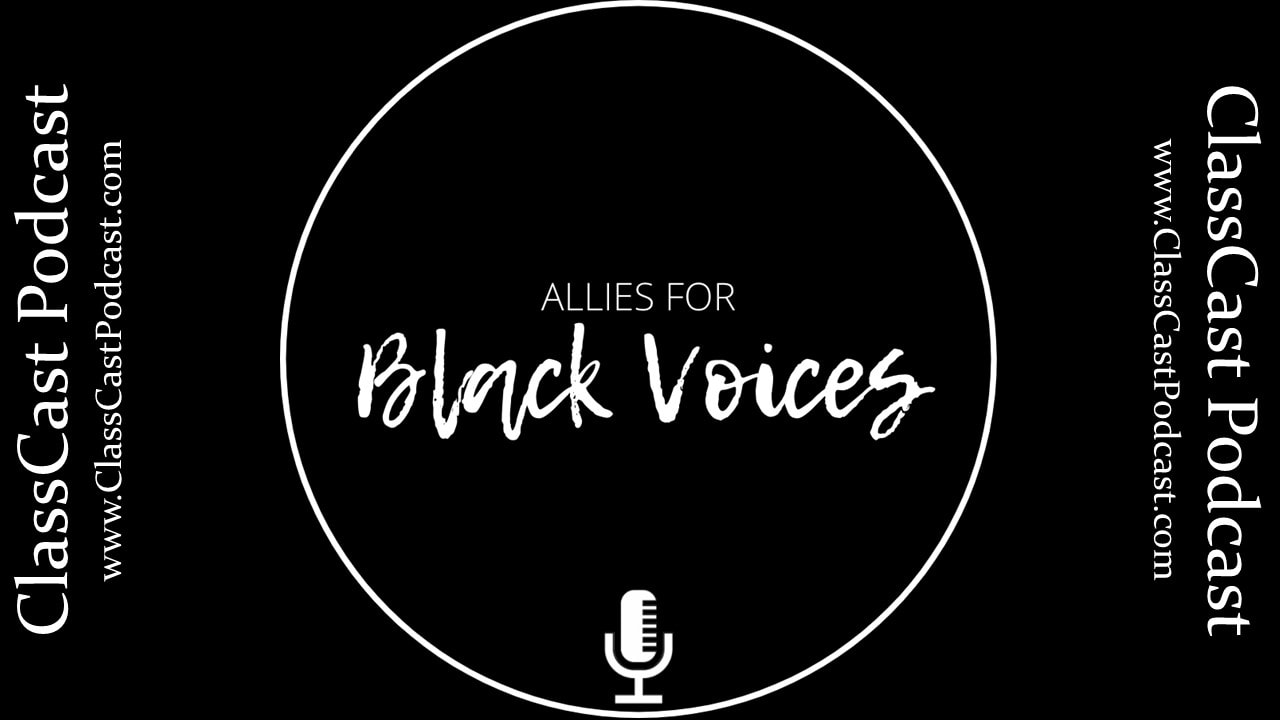
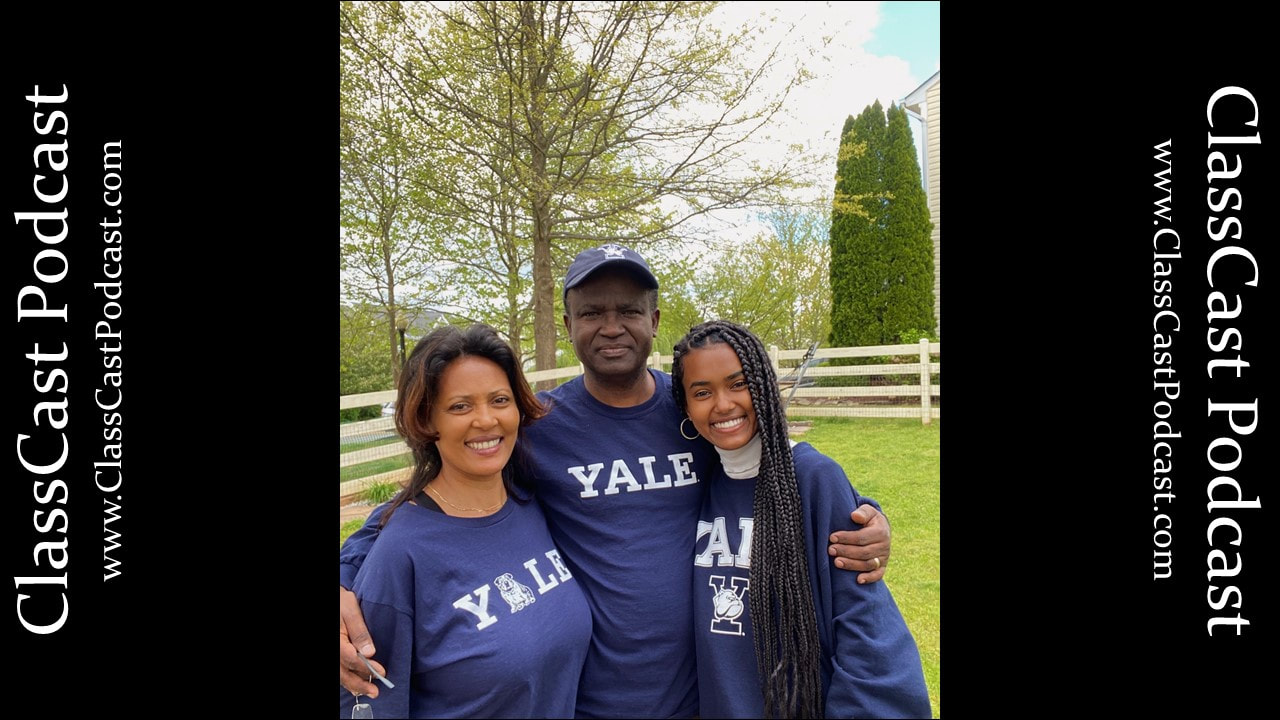
 RSS Feed
RSS Feed